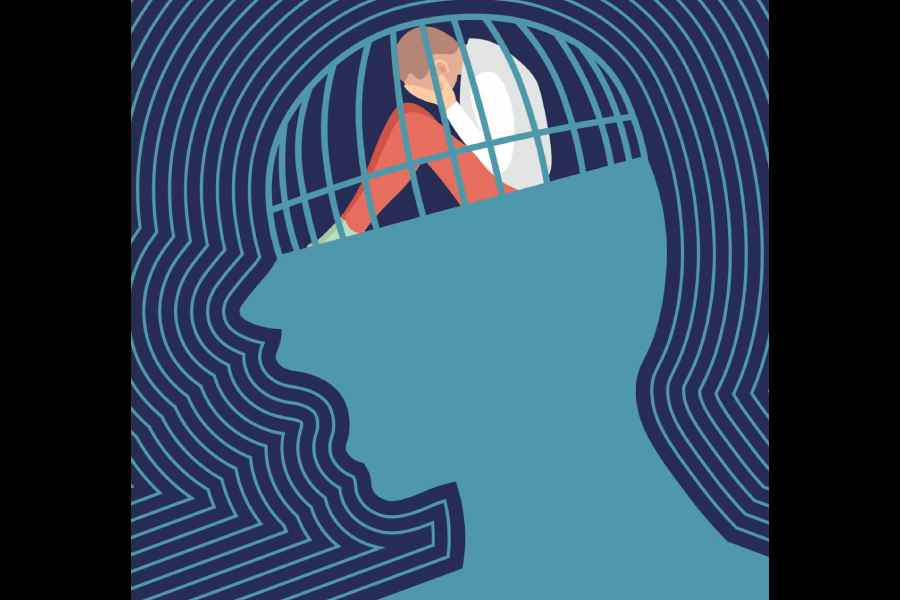Less than a per cent of teenagers in middle-income countries, including India, sought professional help for mental health problems, despite 28-50 per cent facing high levels of such issues, according to a study.
The research also found that informal sources of help are widely used among adolescents for seeking help in many countries, particularly in lower-income nations.
Researchers found that 0.6-0.9 per cent of girls and 0.9-1.2 per cent of boys in the middle-income countries they studied -- India, Vietnam and China -- sought professional help.
The study, led by the University of Turku in Finland, included over 13,000 teenagers aged 13-15 across eight Asian and European countries who responded to surveys between 2011 and 2017.
Overall, girls were found to be more likely than boys to seek help for mental health problems.
In high-income countries, the researchers found that more adolescents sought formal help -- 6-7 per cent in Greece, Israel and Japan, and 21-25 per cent in Norway and Finland.
The findings were published in the journal European Child and Adolescent Psychiatry.
The researchers also surveyed the participants for the means of seeking support and found that informal sources of help are widely used among adolescents and are the key sources of help in many countries, particularly in lower-income countries.
Among the teenagers who sought help, about 90 per cent sought informal help in all Asian countries, ranging from almost 92 per cent (India) to 96 per cent (China) for girls, and almost 88 per cent (India) to 96 per cent (China) for boys, the authors found. Further, in India, more boys were found to seek help from teachers than girls.
"Adolescents may get help from informal sources such as friends, teachers, and family members or formal sources such as school nurses, psychologists, and counsellors for professional assistance. Where they seek help from depends, for example, on the availability of services, cultural background, and stigma associated with mental illness," said the study's lead author Yuko Mori, a doctoral researcher at the University of Turku.
Widely used informal sources of help, especially in lower-income countries, highlight a global need for mental health awareness and literacy programmes, according to Andre Sourander, a professor at the University of Turku and leader of the Eurasian Child Mental Health Study (EACMHS), of which this research was a part.
"Cross-cultural studies on adolescent mental health such as the present study are important because almost all mental health research comes from high-income Western countries. There is a huge knowledge gap because most research represents less than 10 per cent of adolescent population," said Sourander.
Except for the headline, this story has not been edited by The Telegraph Online staff and has been published from a syndicated feed.











